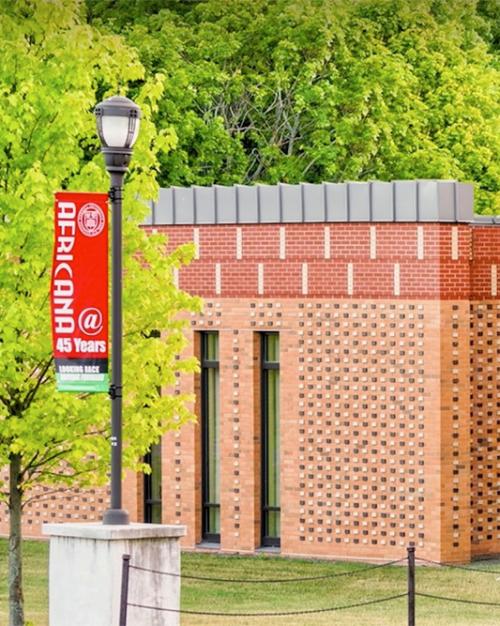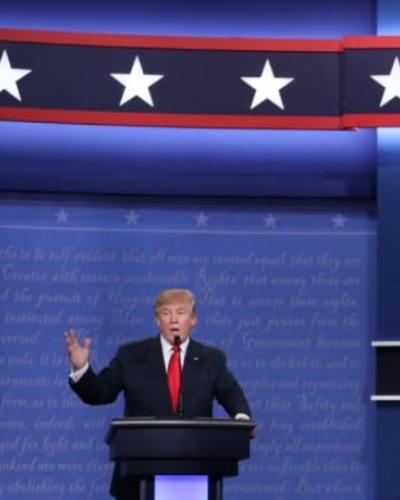The Cornell Democrats hosted a discussion Thursday on the role of race and gender in a presidential election characterized by deep social tensions, highly polarized beliefs and the first female major party nominee.
Prof. Siba Grovogui, Africana studies, distinguished between antipathy — which he defined as anger at something that has been taken away — and racism.
“During election time, race becomes a foil for many things,” Grovogui said, cautioning against labeling all Trump supporters as racists.
Instead, Trump supporters may feel antipathy or a loss of power as a result of welfare and affirmative action policies, according to Grovogui. They then channel this animosity into institutional racism in political responses and public policies.
Prof. Jamila Michener and Grovogui also stressed the importance of speaking about race with empathy and creating an open environment to discuss “tough topics.”
After the discussion, Michener and Grovogui opened the forum to questions from the audience.
Responding to high turnout rates among minority women, a student in the audience asked if white politicians were simply race-pandering to minorities for purely political purposes.
“Any policy that a candidate is proposing, I assume they are proposing because they believe there is some form of electoral advantage associated with the policy. And that’s called politics,” Michener answered. “When you do it with economic policy, when you do it with foreign policy … is it pandering? No, that’s not pandering, that’s politics. But all of a sudden, when a candidate brings up policies related to gender or race, it’s pandering?”
Blaming politicians for “race baiting” would only hinder discussions on race, he added.
When asked about whether a post-racist society is achievable, both Michener and Grovogui responded negatively, saying it would be impossible to completely erase implicit and explicit bias, especially in a country with a history embedded with racism. However, Grovogui expressed hope that racial tensions may gradually ease over time.
“Generations change very fast,” he said. “Just look at young people’s views on gay marriage and then look at my generation’s. Institutions just take longer to change.”
Read the full article in the Cornell Daily Sun.





